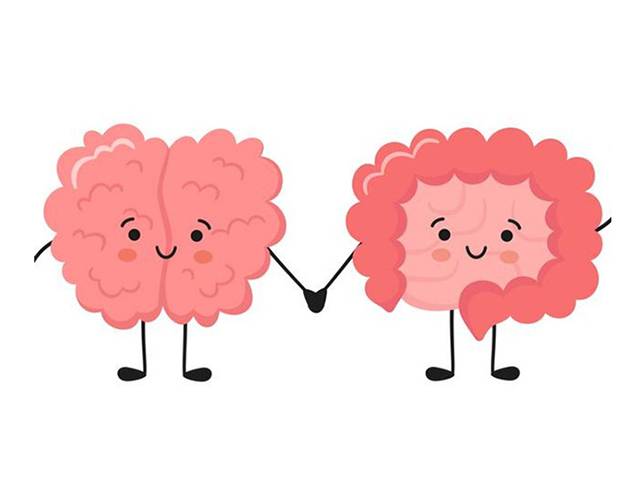The Gut-Brain Connection: How healthy diets Improve Women's Mental Health

When we speak about the causes of depression, we often think about environmental stress, hormones, or other common causes. But is it possible that what you eat and consume can also affect your mental health and the way you think? How does a healthy diet improve mental health in humans, especially young girls and women?
Depression affects many women and girls globally and can significantly lower your quality of life. While treatments like therapy and medication can support some people in managing their symptoms, they are less effective for others. Could diet be effective where other methods are unsuccessful, and if so, how?
You may have always been aware of the benefits of a good diet, but it is important to understand how it can benefit your mental health. The "food-mood connection" is the term used to describe the relationship between individual nutrition and mental health. According to a 2202 National Library of Science journal, keeping a healthy gut microflora and how food is metabolized in our guts can elevate your mood and lessen symptoms of mental health issues. Although more research needs to be done on the link between nutrition and mental health, the "gut-brain connection" is a topic worth looking into.
What is a Gut-brain Connection?
The gut is sometimes referred to as the second brain for a reason. The millions of nerve cells that line our gastrointestinal tract produce hormones that affect everything from our hunger levels to our feelings of stress, worry, and despair.
We may experience depressive and anxious symptoms, put on weight, and maybe develop more serious disorders like diabetes and heart disease when the bacteria, or microbiota, in our digestive tract are out of balance. When our microbiome is upset, it can impact how well our bodies function daily and make us more prone to infection and inflammation.
So if you are a vegetarian or a person on a healthy diet, the chances of experiencing a frequent change in mood, anxiety, and proneness to diseases are less compared to someone that doesn't eat healthily or lives on takeouts and junk. Basically, you cannot compare the health state of someone who consumes green vegetable powder drinks to someone who consumes soda.
How the Gut-Brain connection impact mental health in women
● Stress and the Guts
Inflammation caused by sugar and processed meals can affect your entire body, including the brain, and could be a factor in mood disorders, including depression and anxiety. Naturally, you may frequently resort to processed foods when you require a quick boost to get you through stress or despair. During busy days, coffee substitutes breakfast, and healthy fruits and vegetables are substituted with high-fat, high-calorie fast food. When sad, you may even forgo dinner in favor of an ice cream cone.
Most people frequently eat excessively or insufficiently when anxious or depressed. Overeating can make you feel drained and make you gain weight. Due to the fatigue it produces, it might be challenging to break this bad habit.
To enhance your mental health, prioritize eating lots of fruits, vegetables, and foods high in omega-3 fatty acids, such as salmon. In addition, green vegetables, nuts, seeds, and legumes are excellent for your brain.
● Gut Microbes produce chemicals that affect the brain.
The trillions of microorganisms in your gut also produce additional substances that impact your brain functions. Numerous short-chained fatty acids, including propionate, butyrate, and acetate, are produced by the bacteria in your gut. They break down fiber to release short-chain fatty acids (SCFA). SCFA has many different effects on how the brain works, including suppressing hunger.
Propionate use can lower food intake and brain activity associated with rewards from high-energy foods. The formation of the blood-brain barrier, which separates the brain from the bloodstream, depends on butyrate, another SCFA, and the microorganisms that make it.
Additionally, bile acids and amino acids are metabolized by gut microorganisms to create additional brain-affecting compounds. The liver releases bile acids, which are substances often used to absorb dietary lipids that occasionally impact the brain.
Conclusion
It is important to know the importance of what you consume and how it affects your body and mind. What your body needs to stay fit and healthy is very important as a woman as it helps maintain a healthy mind and body, which in turn builds your self-confidence and self-love.
Photo from HealthyWomen.org
MORE





